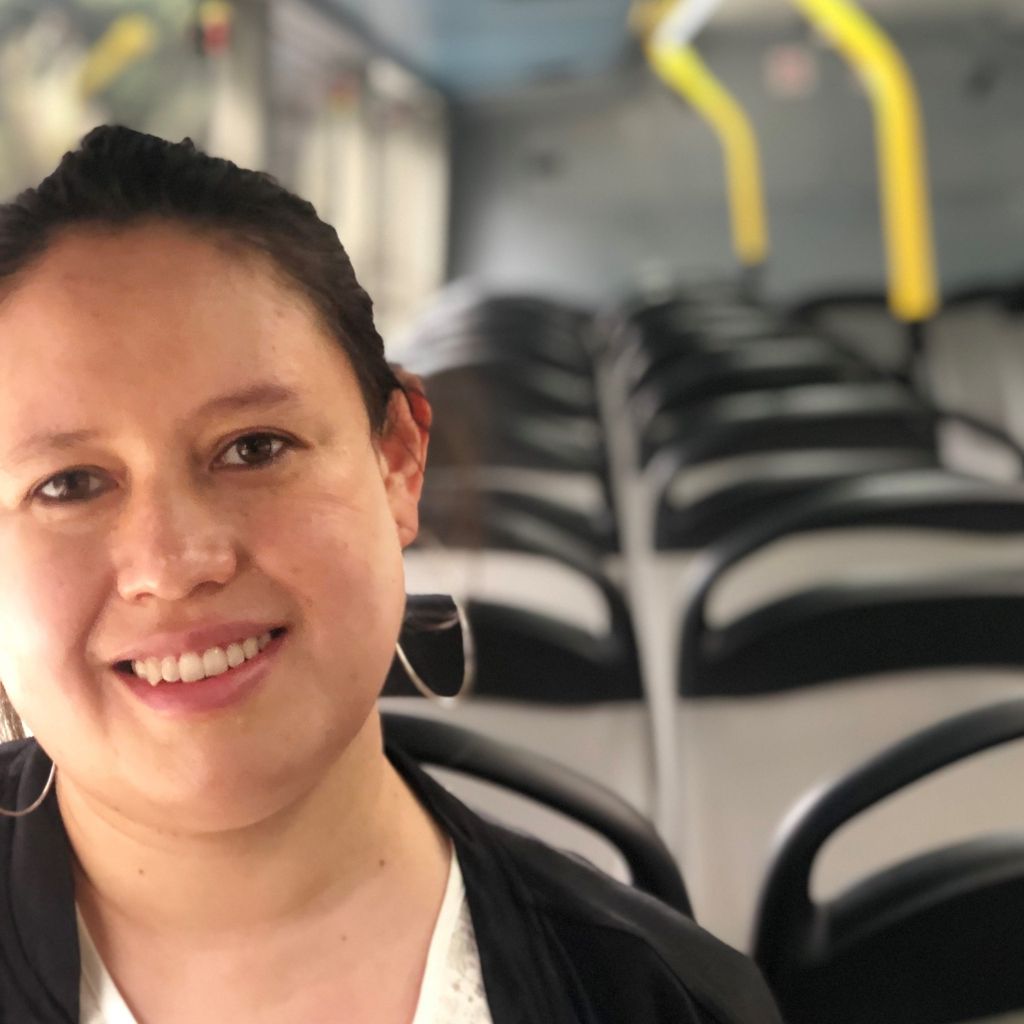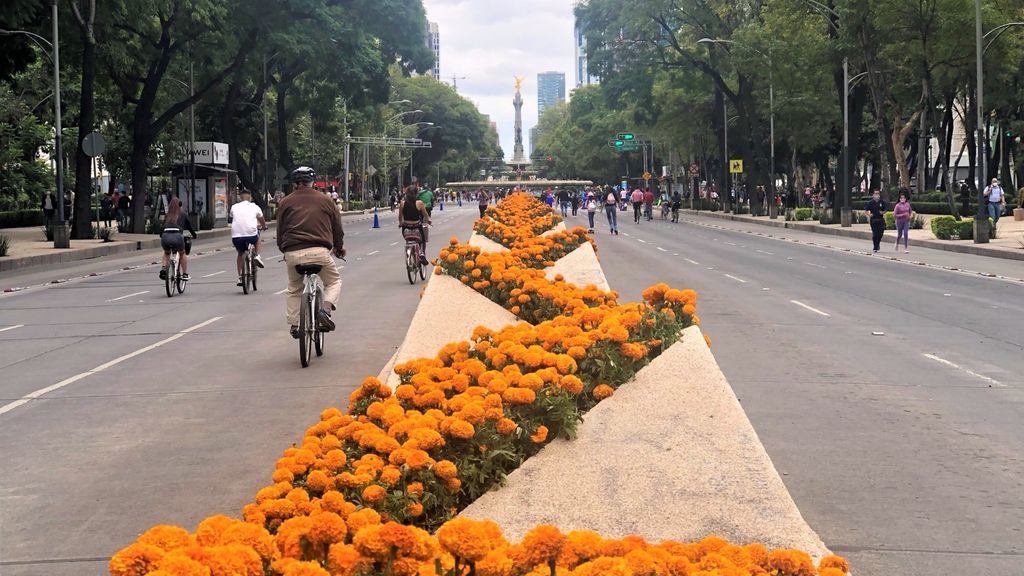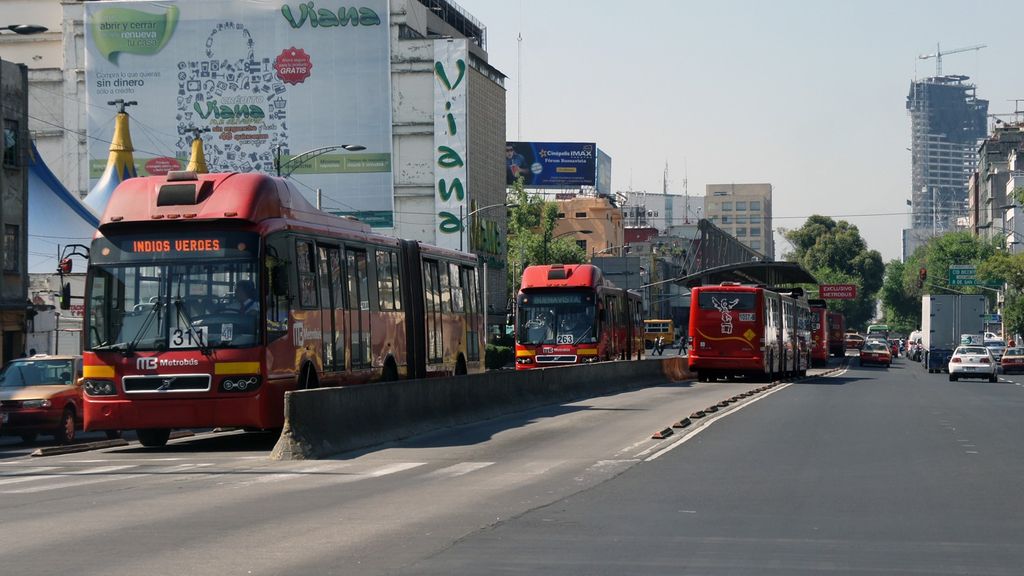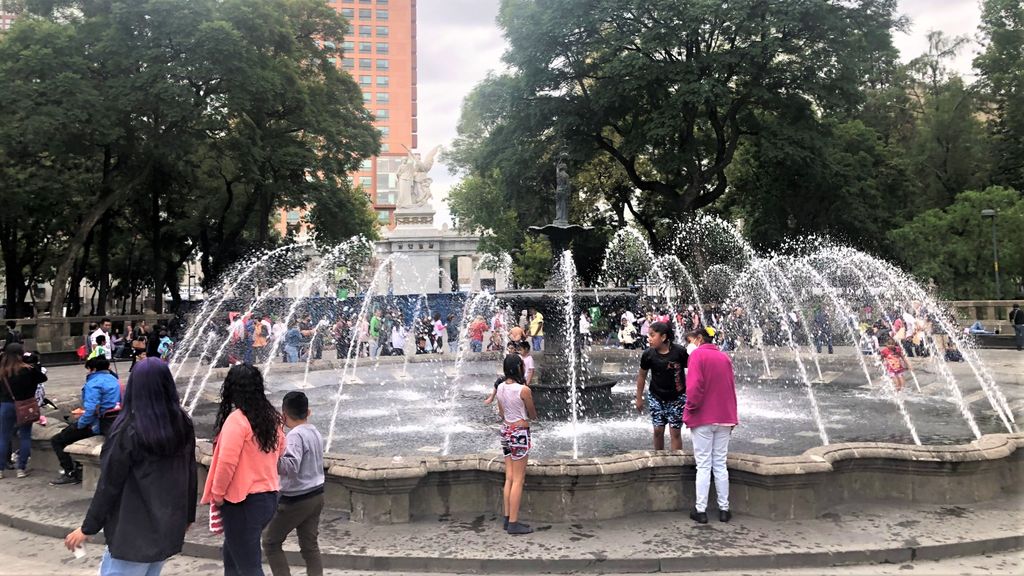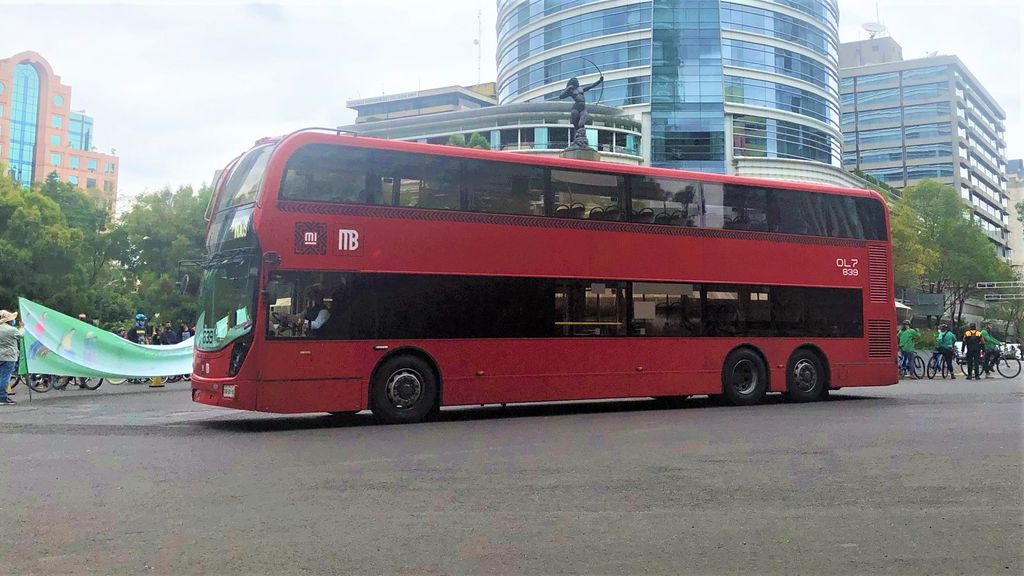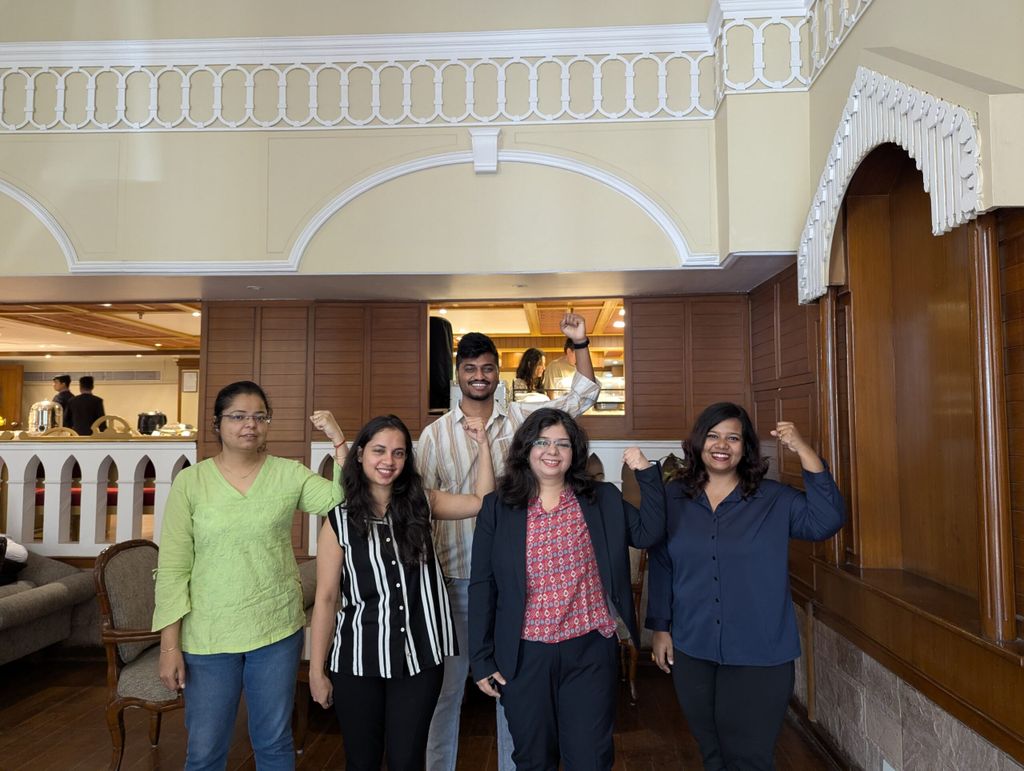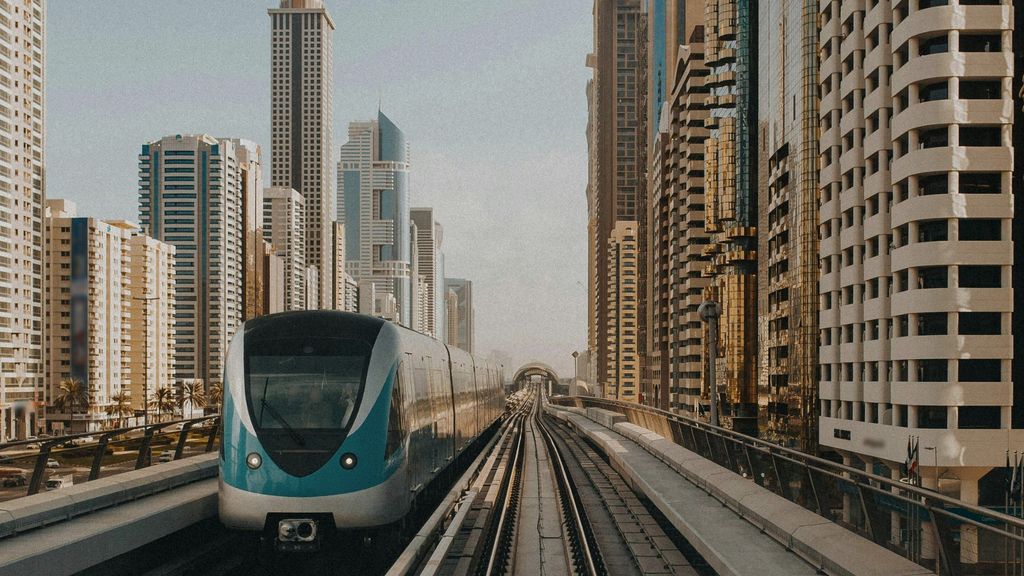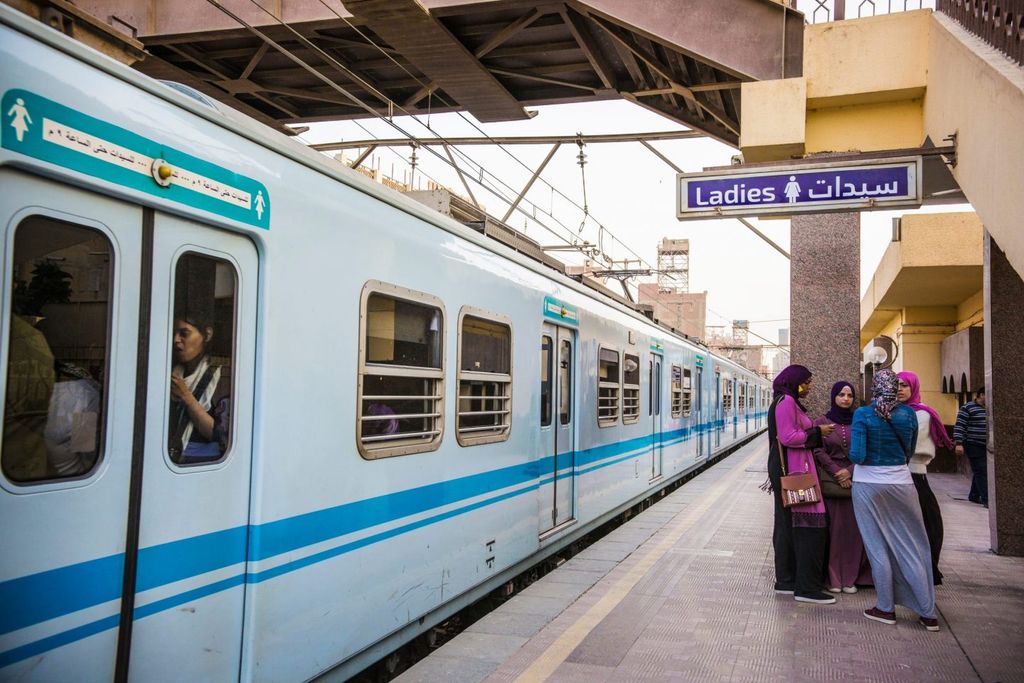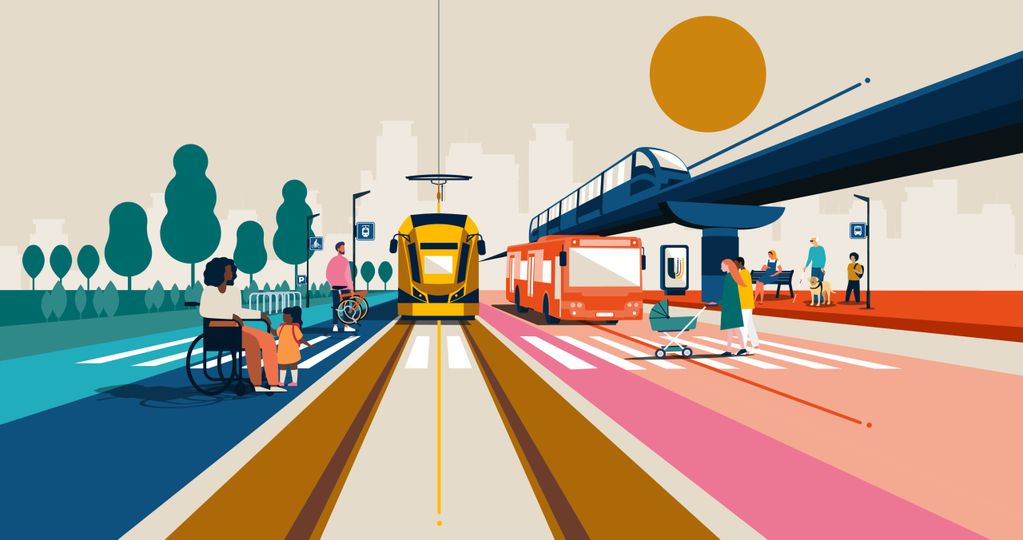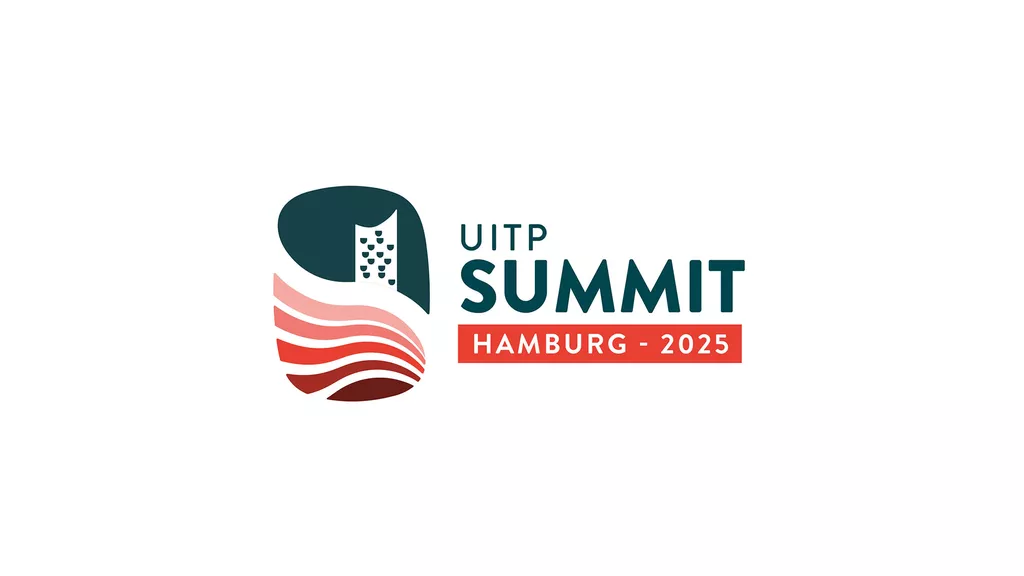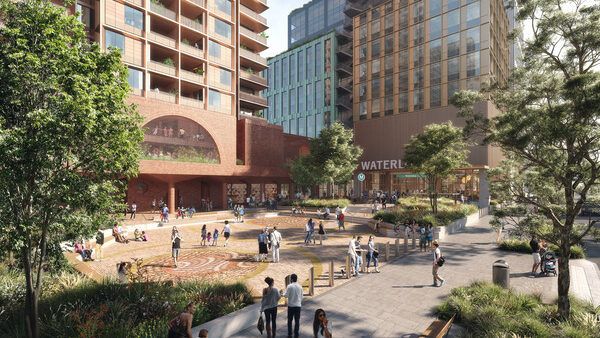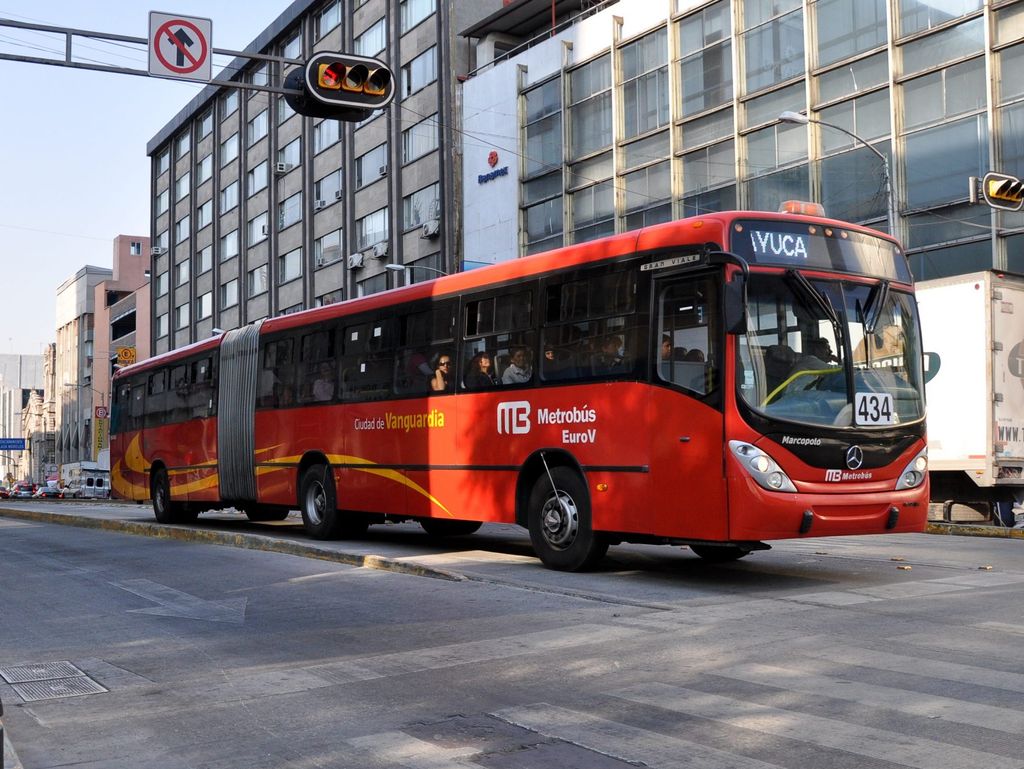
UITP Opens New Liaison Office in Mexico
This summer, UITP opened a new office in Mexico, expanding its global reach and strengthening the presence in Latin America. Luisa Bonilla Martínez manages the newest UITP office. “We aim to provide a second home to our members in Mexico and Central America, giving them the opportunity to share experiences and receive the full support of UITP.”
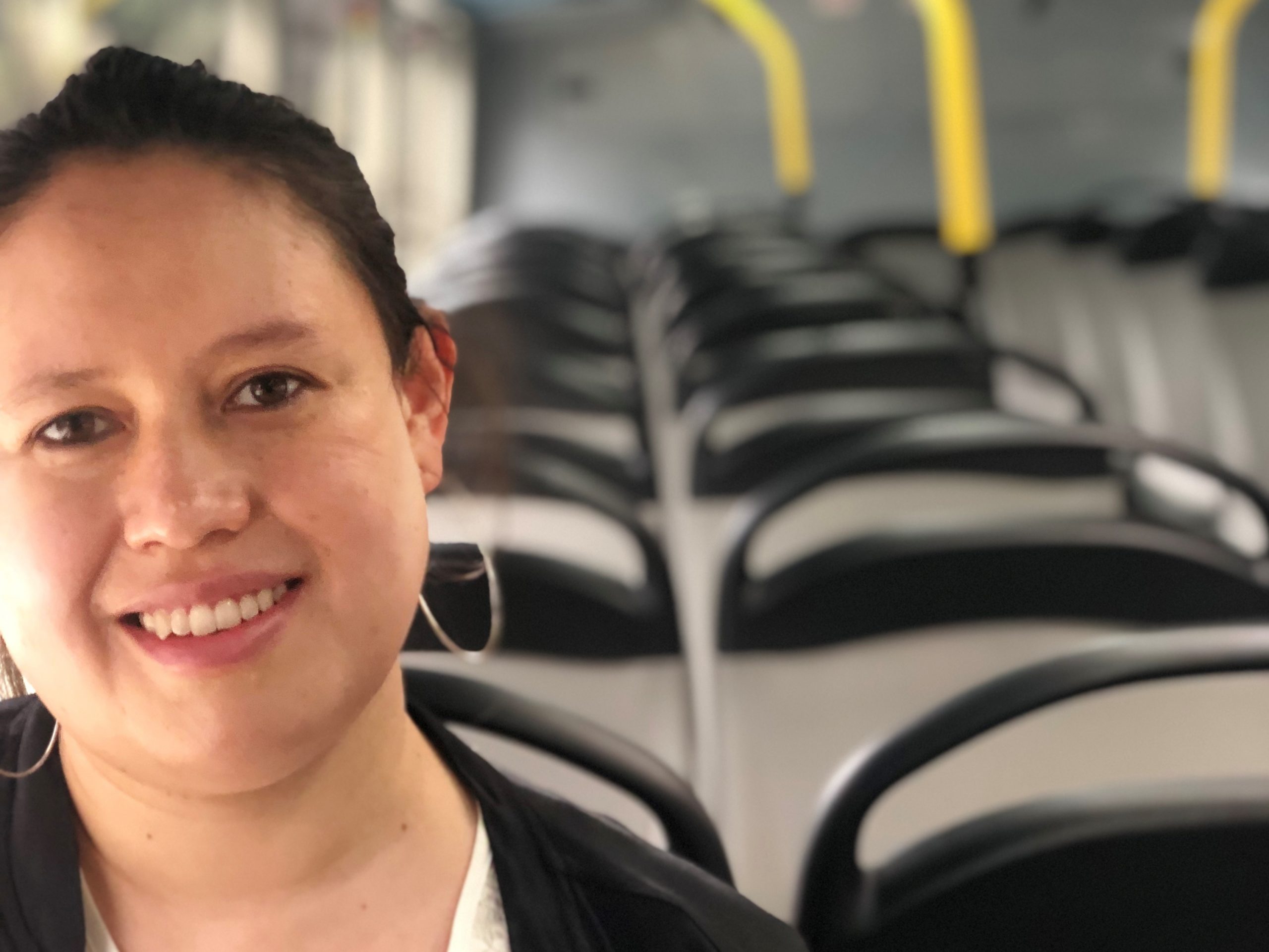
UITP opened the new liaison office in Mexico to consolidate its presence in the region. Through this, and building on its partnership with Mobility ADO, UITP and its members will advocate for better and more sustainable public transport in the region’s urban areas, while amplifying the efforts of the Latin-American office. Ultimately, Luisa emphasises, “we will support the work of all sustainable mobility actors in the region and build towards better cities.”
Of course the primary focus lies on Mexico, a country with a high rate of urbanisation and fast moving mobility strategies. It is also investing heavily in public transport. From major rail investments in Guadalajara and bus electrification projects to metro and cable car investments in Mexico City. Meanwhile social and and gender inclusion are high on the nation’s policy agenda.
Public transport is the lifeline for cities and its communities. We will do everything in our power to help and support the local efforts in Mexico and Central America so that public transport can continue to bring cities to life.
“The situation in Mexico and Central America is very complex”, says Luisa. “Most of the population relies on public transport to move around cities, despite a strong car-centric culture. Meanwhile, a lack of comprehensive institutional frameworks and regulation leads to informal public transport networks, hampering the desired sustainable benefits of integrated public transport systems. The region works hard to improve public transport and mobility plans to accommodate rapid urbanisation, but there is still room for improvement.”
Right now, the new head of the Mexico office sees 4 major challenges: governance, funding, recovery from the pandemic and climate change. “For many years, private car ownership has been a symbol of social standing and development. On top of this, the car industry brings strong economic gains to the region.”
Central America and Mexico in particular are working hard to get more people aware of, and into sustainable transport modes. Mexico City for example, wants to increase its public transport capacity to move one million more passengers than it can today. I am excited that UITP can support the sector and our members to achieve this goal.
“The pandemic has had a very negative impact on our transport systems and funding is always a difficult issue.” According to Luisa, the fight against climate change demands cities to become more sustainable and resilient. “Public transport is part of the solution. Cities need to change quickly and we don’t have any time to waste. Even if the obstacles seem big, public transport is the backbone for a sustainable city for everyone.”
“Public transport is the lifeline for cities and its communities. It allows people to explore the world in a sustainable manner and gives equal opportunity to all, regardless of financial or social standing. We will do everything in our power to help and support the local efforts in Mexico and Central America so that public transport can continue to bring cities to life.”
become a member

